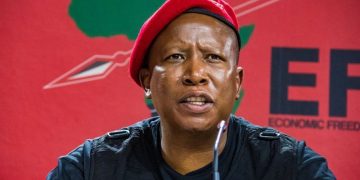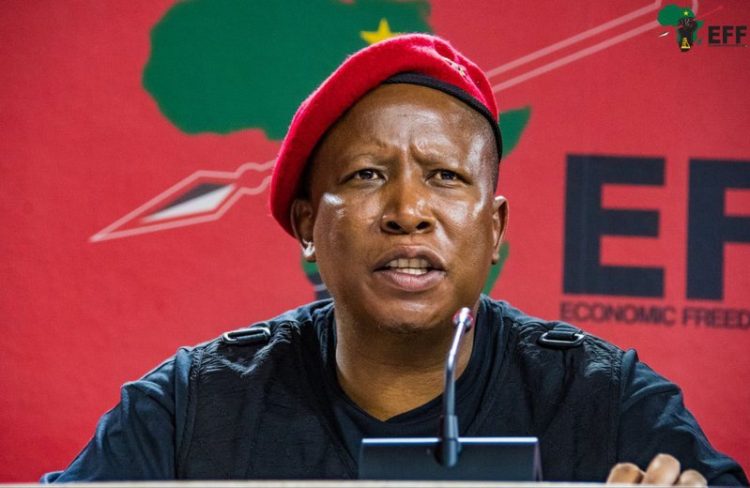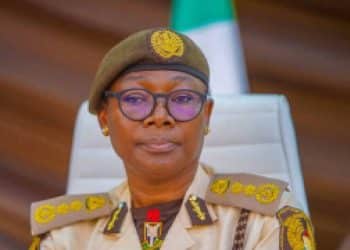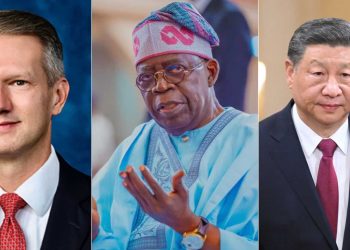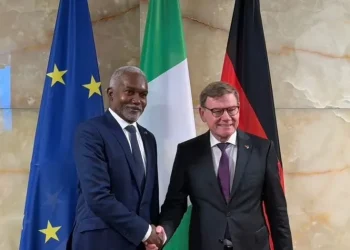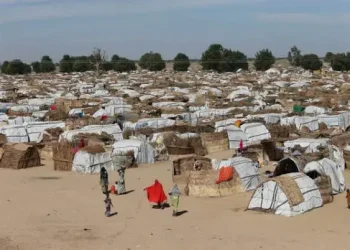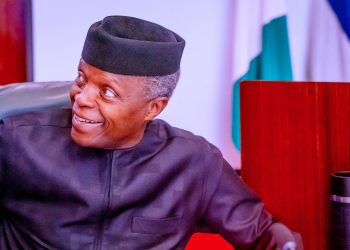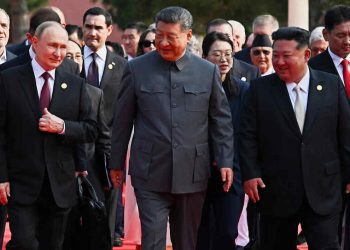Introduction
Julius Malema, the outspoken leader of South Africa’s Economic Freedom Fighters (EFF), has once again stirred the continent with his bold vision for a United States of Africa.
In a recent statement shared on May 3, 2025, Malema passionately argued that a unified African continent could challenge global economic powers like the US dollar and British pound by leveraging its vast mineral resources.
This blog dives deep into Malema’s provocative stance, exploring the historical context of African division, the potential for unity, and the challenges that lie ahead in achieving such a revolutionary goal.
Let’s unpack why Julius Malema’s call for a United States of Africa is both inspiring and contentious.
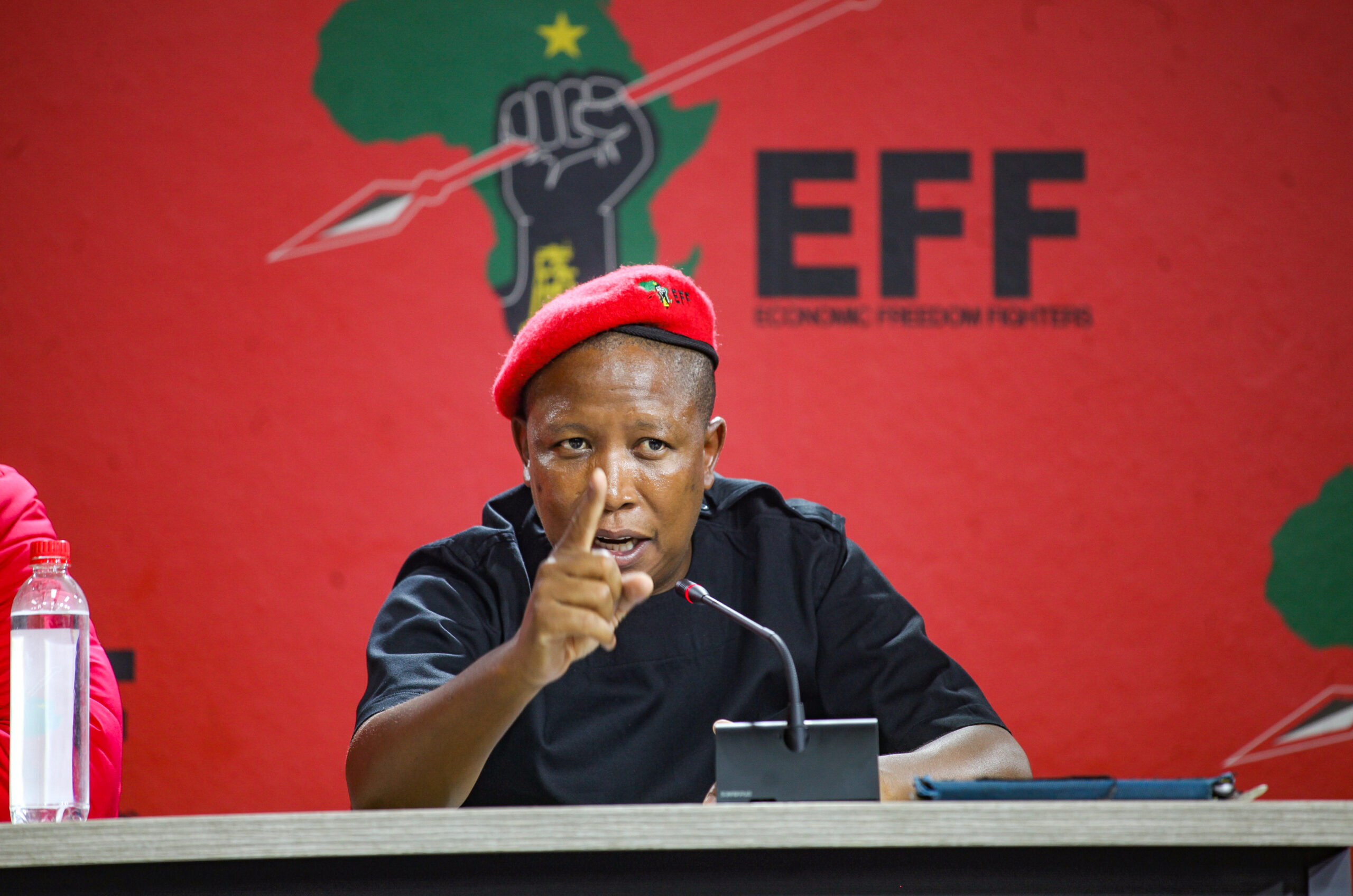
The Historical Roots of African Division
To understand Julius Malema’s vision, we must first revisit the historical events that shaped Africa’s current geopolitical landscape.
The Berlin Conference of 1884-1885, as noted in a Wikipedia entry, was a pivotal moment where European colonial powers divided Africa with no regard for ethnic or cultural boundaries.
This arbitrary division, which excluded African rulers, led to long-lasting consequences, such as the displacement of ethnic identities and conflicts like the Rwandan Genocide of 1994.
Malema’s critique of borders echoes this sentiment, as he argues in his statement that “the division of Africa is what makes them thrive, they benefit from a divided African continent.”
The Wilson Center has highlighted how these colonial borders split ethnic groups like the Somalis and restricted nomadic communities’ access to resources, perpetuating economic dependency on Western powers.
Julius Malema’s call for a borderless Africa seeks to undo this colonial legacy, envisioning a continent where resources and people move freely to foster collective prosperity.
Julius Malema’s Vision: A United States of Africa
At the heart of Julius Malema’s argument is the idea of a United States of Africa, a single political and economic entity with a unified currency backed by the continent’s abundant natural resources.
In his statement, Malema declares, “Imagine the minerals of the Democratic Republic of Congo combined with those of South Africa, and a new currency backed by these minerals… We could collapse the dollar. We could collapse the strong British pound.”
This vision aligns with the EFF’s broader Pan-Africanist ideology, which, according to Wikipedia, draws inspiration from leaders like Muammar Gaddafi and advocates for centralized state control and African nativism.
Malema’s rhetoric taps into a widespread aspiration for a continent that can stand on equal footing with global powers.
Many Africans share the sentiment that unity could bring about economic and political empowerment, breaking free from the constraints imposed by colonial borders.
The idea of a unified African currency, as Malema proposes, could potentially reshape the continent’s role in global economics, giving it the leverage to challenge Western financial dominance.
The Economic Potential of a Unified Africa
Julius Malema’s vision is not just ideological, it’s grounded in economic potential.
Africa is home to some of the world’s richest mineral deposits, including gold, diamonds, and cobalt, much of which is concentrated in countries like the DRC and South Africa.
A unified African economy could leverage these resources to create a powerful currency, reducing dependency on foreign currencies like the dollar and pound.
Malema’s argument that the British pound is “backed by gold, even though they don’t have a single gold mine,” underscores the inequity of the current global financial system, where Western powers benefit disproportionately from Africa’s wealth.
The African Continental Free Trade Area (AfCFTA), referenced in a 2023 Plan International report, aims to boost intra-African trade, but progress has been slow.
A 2023 African Union report noted that only 0.2% of intra-African trade currently utilizes the AfCFTA framework, highlighting the practical challenges of economic integration.
However, Malema’s vision pushes beyond trade agreements, advocating for a complete political and economic union, a far more ambitious goal that could potentially transform Africa’s role in the global economy.
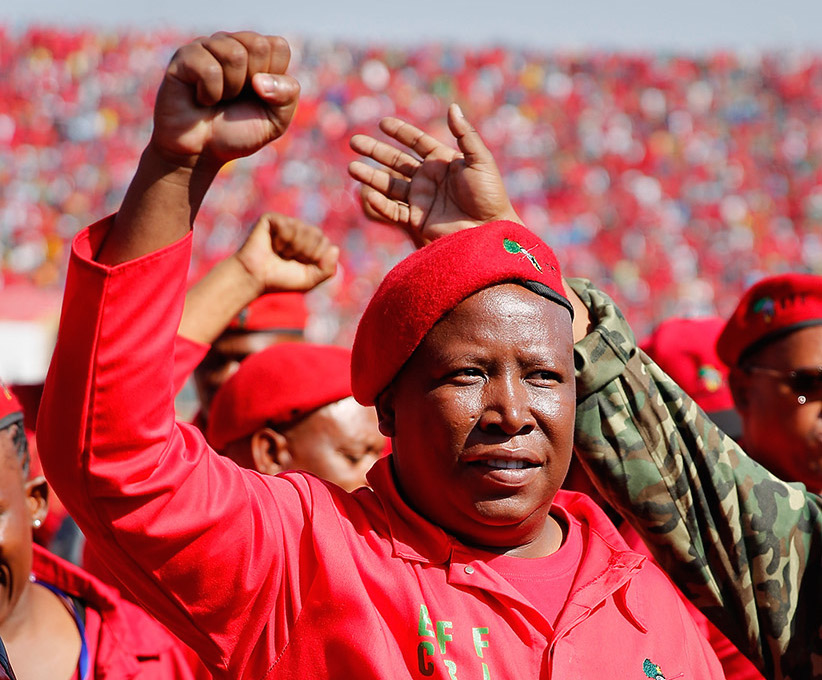
Challenges to Julius Malema’s Vision
While Julius Malema’s vision is inspiring, it faces significant hurdles.
Political fragmentation and differing national interests have long hindered African unity.
Many observers remain skeptical about the feasibility of such a union, pointing to historical attempts at unity, such as the Organization of African Unity (now the African Union), which have struggled to achieve meaningful integration due to competing agendas among member states.
Moreover, the EFF’s radical approach, described by academic Vishwas Satgar as “black neo-fascist”, has drawn criticism.
Satgar argues that the party’s emphasis on centralized control, nativist nationalism, and disposition to violence mirrors troubling ideologies in Europe and the US.
Additionally, a 2019 article from The Famuan warns that Julius Malema’s approach could lead South Africa into isolation, comparing his “vociferous charm” to that of Donald Trump.
These critiques suggest that Malema’s leadership style and the EFF’s policies may alienate potential allies needed for continental unity.
Social challenges also loom large. The Plan International report highlights how increased cross-border trade could exacerbate issues like child trafficking and exploitation, underscoring the need for robust governance in a unified Africa.
Without addressing these vulnerabilities, Malema’s vision risks unintended consequences for the continent’s most marginalized populations.
The Path Forward: Imagination and Political Will
Despite the challenges, Julius Malema’s vision has sparked a vital conversation about Africa’s future.
A unified Africa remains an ambitious dream, but it is one that requires both imagination and political will to achieve.
The imagination already exists, Malema and his supporters have painted a compelling picture of a united, prosperous Africa.
However, the political will remains elusive, requiring a new generation of leaders willing to prioritize continental unity over national interests.
Efforts like the AfCFTA, though slow, provide a foundation for economic integration.
Grassroots movements can also drive momentum, as more Africans begin to envision a future without colonial borders.
Building on these efforts, African leaders must work to dismantle colonial legacies, foster trust among nations, and create inclusive policies that protect vulnerable groups while pursuing economic empowerment.
Conclusion
Julius Malema’s call for a United States of Africa is a radical yet thought-provoking vision that challenges the status quo of a divided continent.
By addressing the colonial roots of Africa’s fragmentation and proposing a unified economy backed by its mineral wealth, Malema taps into a deep-seated desire for African self-determination.
However, the path to unity is fraught with political, economic, and social challenges that require careful navigation.
As the conversation continues to unfold, one thing is clear: Julius Malema’s vision has reignited the dream of a united Africa, pushing us to imagine a future where the continent can finally harness its full potential.
What are your thoughts on Malema’s vision? Share your perspective in the comments below, and let’s keep the dialogue going.
